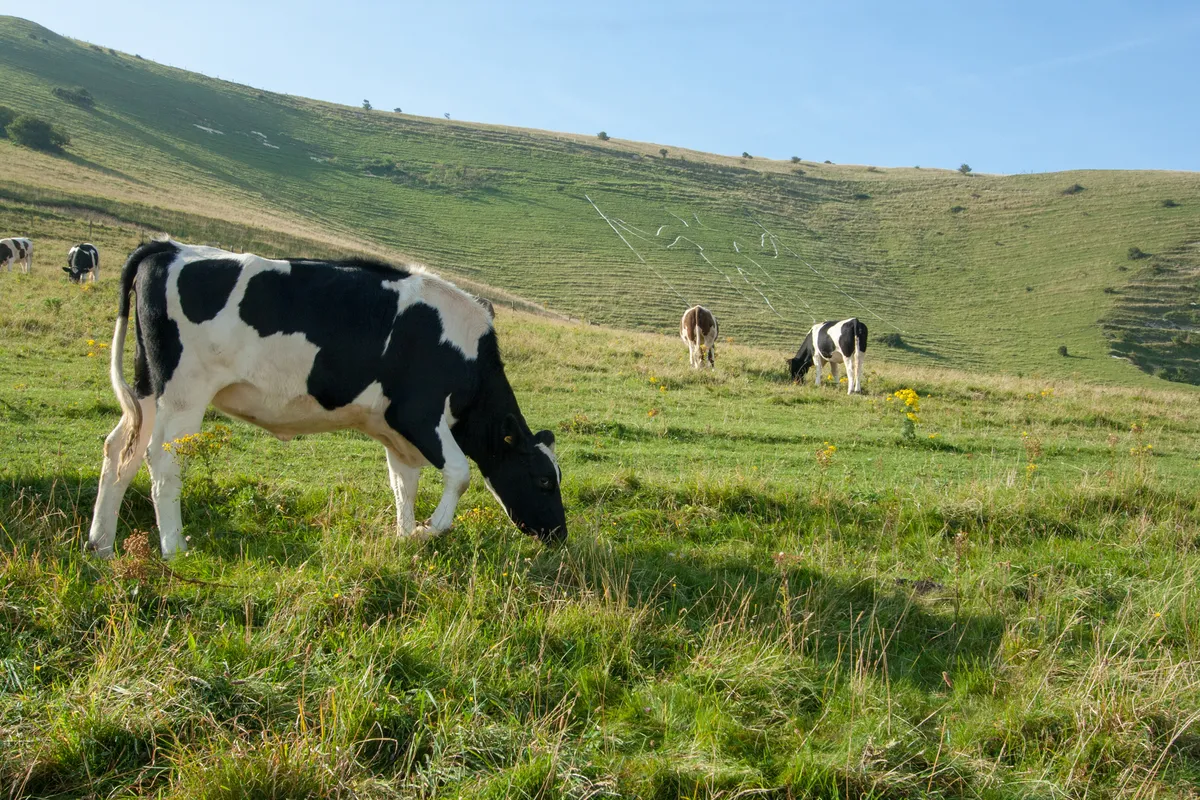On 16th January the long-awaited Agriculture Bill was given its first formal introduction to the House of Commons in its First Reading.
The legislation aims to:
- Boost environment and food production
- Reward farmers and land managers for environmental improvements
- Properly support farmers and land managers to follow more innovative practices to protect the environment
- Provide higher animal welfare standards
- Improve access to the countryside
- Reduce risk of flooding
- Contribute to reaching net zero emissions by 2050
The Bill has been eagerly anticipated, and well-received by many, including conservation organisations such as Butterfly Conservation, which calls the Bill, “a crucial piece of legislation which will have profound implications for the butterflies, moths, wildlife and wider environment of England,” and states that the Bill, “could be a once in a generation opportunity to transform the way farming can benefit wildlife.”
It is hoped that the legislation could lay the framework for real change to take place in the British countryside that would benefit both society, and the natural world.
Rose Hails, Nature and Science Director at the National Trust, believes that the Bill could provide, “a key tool in delivering practical solutions to the twin nature and climate crises, supporting farmers to restore and sustain our natural environment, in turn securing the sustainable future of farming itself.”
There is much hope that the legislation will transform the way tax-payers’ money is spent by way of grants and subsidies for farming, with the introduction of the principle of ‘public money for public goods’. ‘Public goods’ in this case is used to refer to better air and water quality, higher animal welfare standards, improved access to the countryside, and measures in place to reduce flooding — all of which will benefit the public.
The Government states that the public money for public goods principle will replace the Direct Payments subsidy system, in place under the European Union. The Government welcomes departure from this subsidy system, as it claims payments are skewed towards the largest landowners rather than farmers delivering specific public benefits.
The Direct Payments system will be phased out during a 7-year transition period, due to start in 2021. A new Environmental Land Management (ELM) scheme will take the place of the former system, becoming fully available from late 2024 under current plans.

Under the new system, the Government promises that farmers will be rewarded for the important role they play in mitigating the negative effects of the nature and climate crises. It also promises to allow greater flexibility for farmers on how they invest in their business, and to do more to help the environment.
Environment Secretary Theresa Villiers said: “This is one of the most important environmental reforms for many years, rewarding farmers for the work they do to safeguard our environment and helping us meet crucial goals on climate change and protecting nature and biodiversity.”
Sounds like win-win situation, but certain environment and countryside organisations urge caution.
Environment Bill: what’s in it and what does it mean for the countryside?
A new Environment Bill promises which promises to protect the UK's natural environment and take measures to tackle pollution has been released by the government - we explore what this means for the countryside.
The Country Land and Business Association (CLA) welcome the shift toward payment for public goods in rewarding all farmers and land managers who deliver for the environment and society, but call for urgent clarity from the Government on exactly how the Direct Payments system will be removed during the transition period.
Raising concerns, CLA President Mark Bridgeman said, “We warmly welcome guarantees of funding for the lifetime of this Parliament, but farmers need to know how it affects them personally. Government should set out the profile of the transition and how ELMS will work in detail as a matter of urgency and guarantee that there will be no delays in its implementation.”
As part of the EU, the UK spent about £3.2 billion each year on farm income support and environmental payments under the Union’s Common Agriculture Policy (CAP). As the country leaves the EU, there are calls for the Government to continue to fund farmers and land managers with at least £3bn, so that they will be able to manage their land in such a way that will benefit wildlife and the environment.
Organisations including Butterfly Conservation, The Wildlife Trusts, and National Trust are also keen for assurances that the Government, in the passing of the Agriculture Bill, will maintain and not undermine the UK’s high environmental standards in future trade deals, avoiding a reliance on cheap imports, and ensure that any such deals and legislation will prevent damage to wildlife and ecosystems and will not hinder the ability of future generations to grow food and timber and have access to clean water.
The Second Reading of the landmark Agriculture Bill will take place on Monday 3rd February, when MPs will consider the Bill.